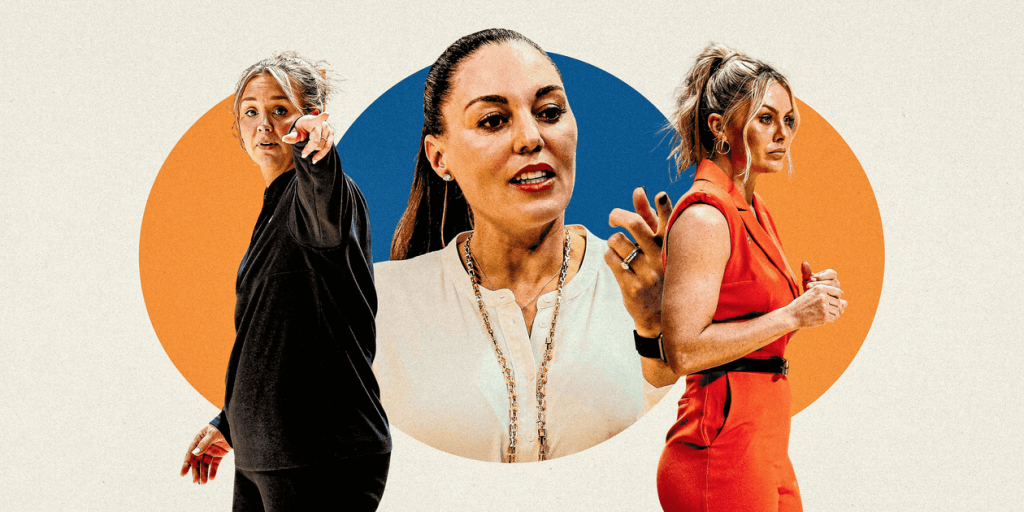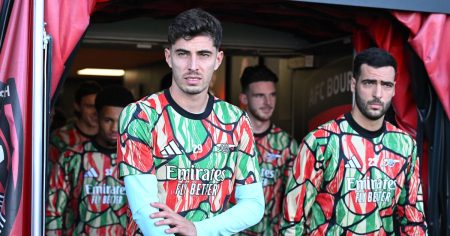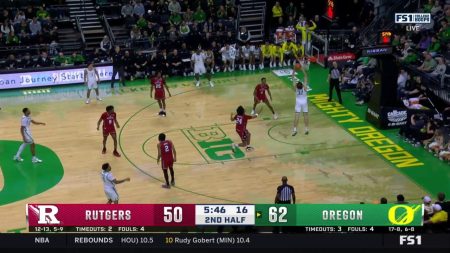Title: Breaking Barriers: The Journey of Women Coaches in College Basketball
1. Adia Barnes: A Pioneering Moment in Sports History
Adia Barnes, the Arizona Wildcats women’s basketball coach, found herself in the spotlight not just for her team’s stellar performance but for a deeply personal moment that became public. During the 2021 NCAA Championship, Barnes, a new mother, had to balance coaching with the demands of breastfeeding. After pumping during halftime, her experience inadvertently became public, sparking a national conversation. Initially uncomfortable with the attention, Barnes soon realized the impact of her story on other women, turning an unintended moment into a powerful symbol of resilience and multitasking.
2. Inspiring a New Generation: The Ripple Effect
Barnes’ experience resonated deeply with other female coaches, who saw her as a trailblazer. Coaches like Jacie Hoyt and Kim Caldwell, who were navigating their own journeys of motherhood and coaching, found inspiration in Barnes’ openness. Hoyt, who announced her pregnancy publicly, and Caldwell, who returned to coaching shortly after childbirth, embraced their roles as both coaches and mothers. Their candor has helped create a supportive community, where sharing experiences is not just accepted but encouraged, breaking down the stigma around discussing parenthood in the workplace.
3. A Changing Landscape in Women’s Basketball
The world of women’s college basketball is undergoing a significant transformation. With increased media attention and more women in coaching roles, stories of mothers in coaching are gaining visibility. Historically, female coaches often kept their pregnancies and motherhood private, but now they are stepping into the spotlight, sharing their challenges and successes. This shift is not just about personal stories; it’s about creating a more inclusive and supportive environment for future generations of female coaches.
4. Building Support Systems: The Village Behind the Coaches
The journey of these coaches highlights the essential role of support systems. Whether it’s a understanding partner, a helpful nanny, or a supportive employer, having a ‘village’ is crucial. Coaches like Lindsay Gottlieb have successfully negotiated for childcare support during work trips, setting a precedent for others. This support is not just about personal convenience; it’s about ensuring that mothers can thrive in their professions without sacrificing their roles as caregivers.
5. Navigating Challenges: The Dual Demands of Coaching and Motherhood
Despite the progress, challenges remain. The decision of when to return to work after childbirth is fraught with guilt and pressure. Coaches like Caldwell and Hoyt, who returned to their roles soon after giving birth, face criticism and self-doubt. Balancing the intensity of coaching with the demands of motherhood requires constant negotiation and adjustment. However, these women are proving that with determination and the right support, it’s possible to excel in both roles.
6. Envisioning the Future: Creating a More Inclusive Sport
Looking ahead, the experiences of Barnes, Hoyt, Caldwell, and others offer a blueprint for a more inclusive future in sports. By normalizing discussions around parenthood and advocating for supportive policies, these coaches are paving the way for others. The hope is that future generations of female coaches will not have to choose between their careers and motherhood, thanks to the trailblazers who dared to challenge the status quo. As the narrative continues to evolve, the legacy of these women will undoubtedly inspire countless others to follow in their footsteps.












